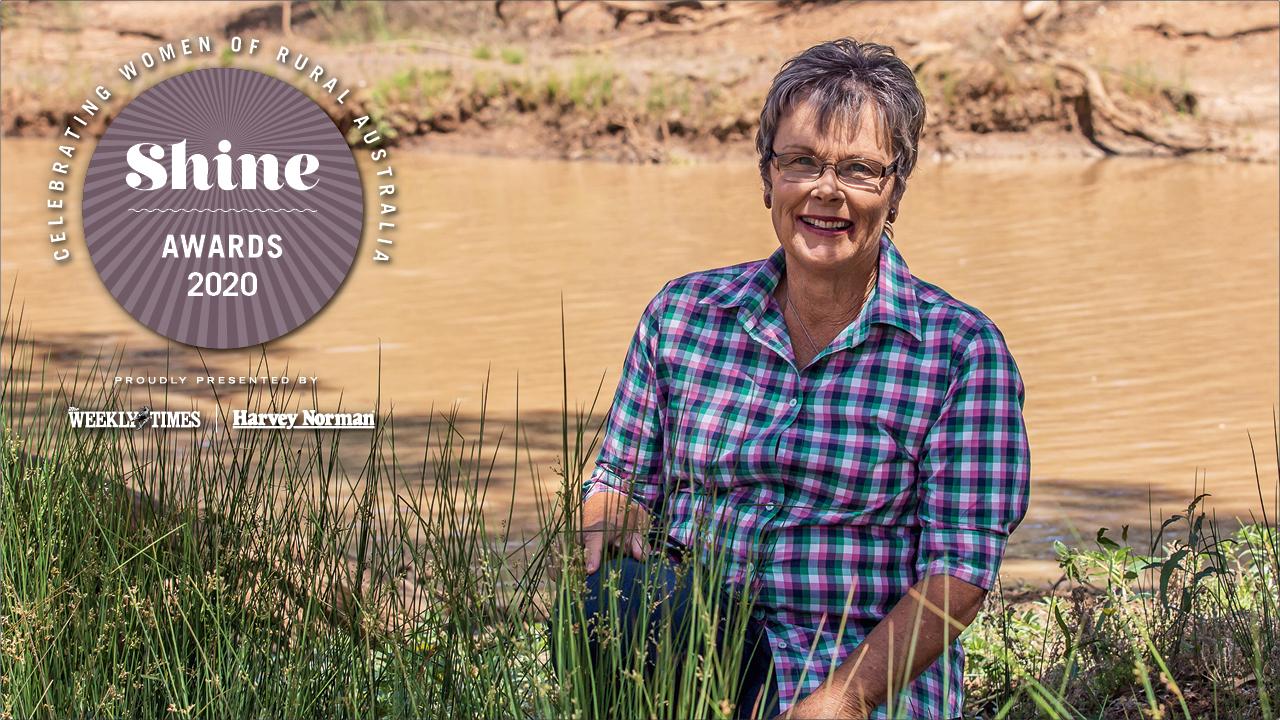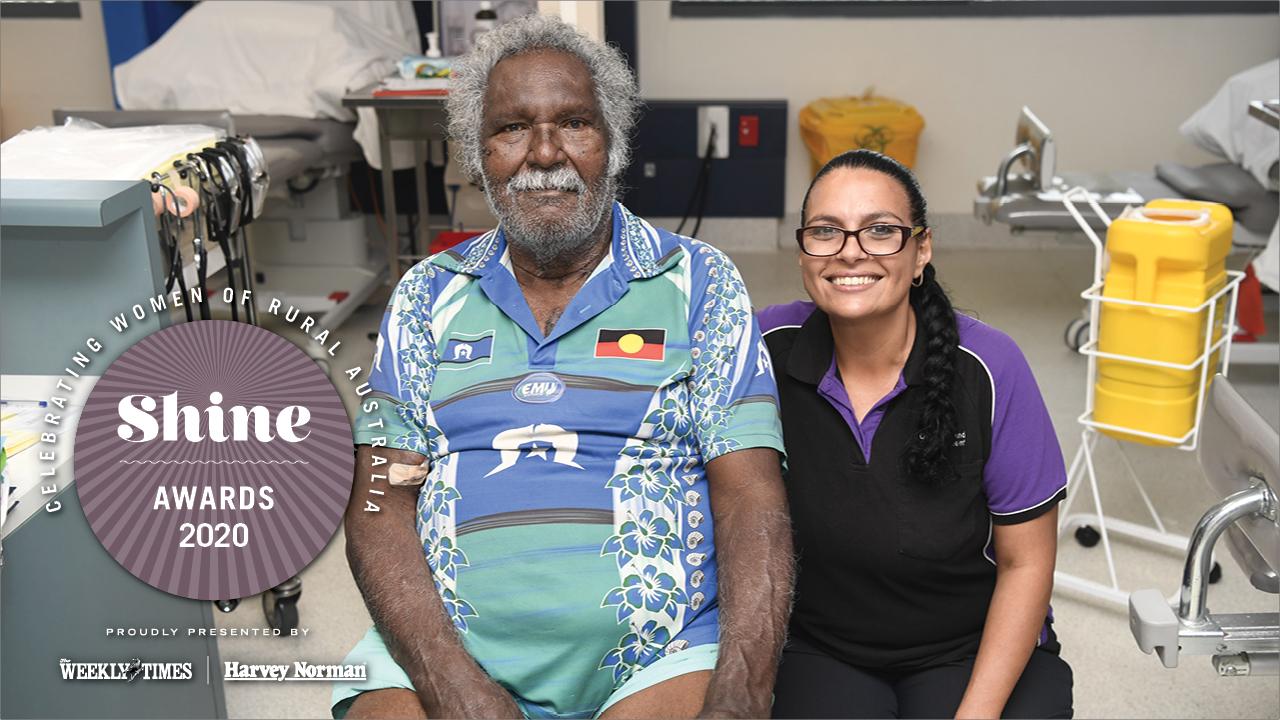2019 Shine Awards Belief winner and finalists
Dressage equestrian Bridget Murphy from Healesville, Victoria, is the 2019 Shine Awards Belief winner.
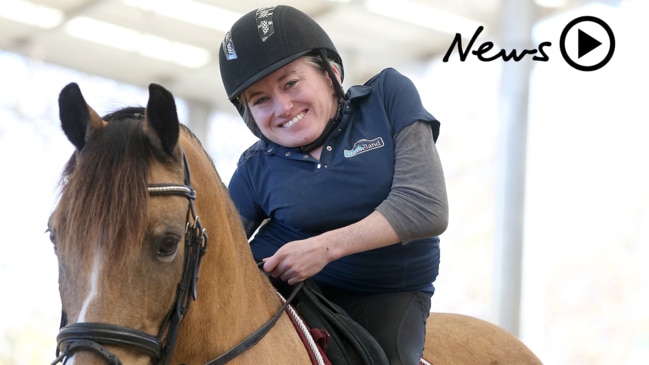
2019 Shine Awards Belief winner:
Bridget Murphy, equestrian aiming for Paralympics , Healesville, Victoria
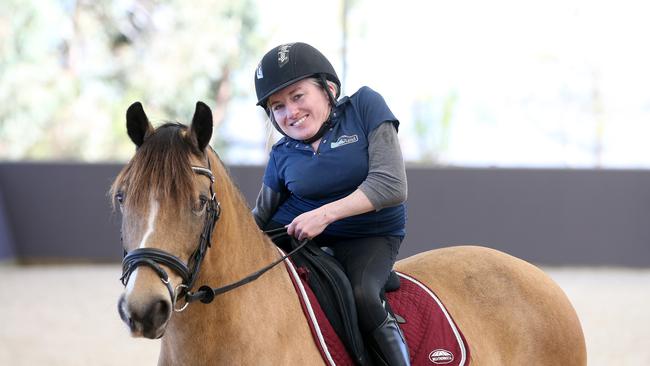
ON TRACK TO REIN IN TOKYO
NO CHALLENGE is too great for talented para-equestrian Bridget Murphy.
Her fighting spirit and belief that hard work pays off is infectious.
The 31-year-old, from Healesville, is on a mission to make the Australian Paralympic team for next year’s Tokyo Games and her whole community is coming along for the ride.
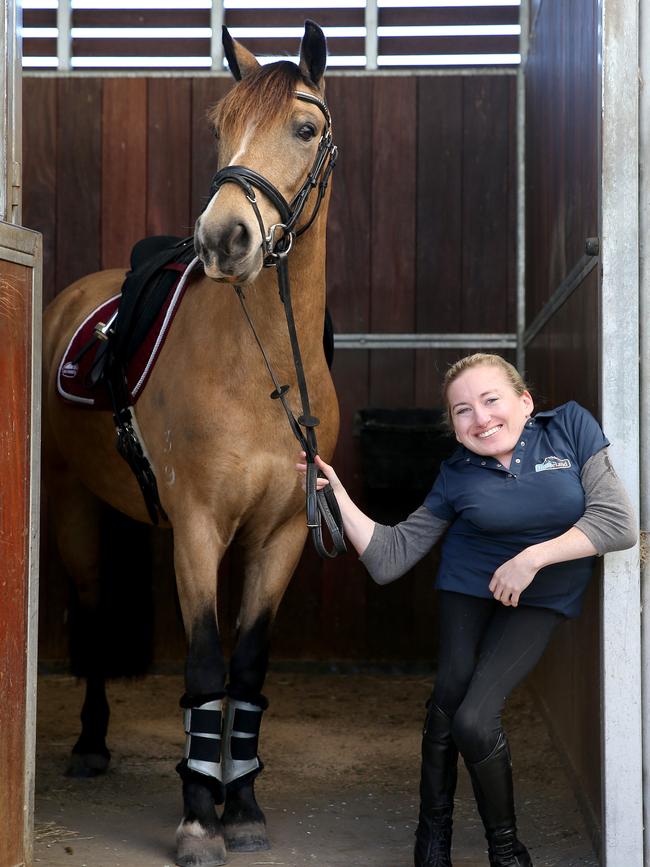
“It will mean so much to me but also to a lot of people,” she says. “There’s a big team behind me, so I’m doing it all for them as well as myself.”
Bridget, who had previously competed in able-bodied dressage, was classified for para dressage in October 2017, and within just 12 months was a national champion.
As a woman who doesn’t shy away from a challenge, Bridget thought; “I may as well go all in.”
She says dressage is like “dancing on horseback”.
“You’re given a set series of movements and your job is to make it look as effortless and harmonious as possible.”
READ MORE: SHINE AWARDS
2019 SHINE AWARDS WINNERS AND FINALISTS: BELIEF, COURAGE, DEDICATION, GRACE, PASSION, SPIRIT.
But riding at such a high level doesn’t come cheap.
Humble Bridget says she couldn’t make it to Tokyo without the support and fundraising efforts of her local community.
But as expected, there’s plenty of people keen to help make Bridget’s dreams become a reality.
Michelle Holland, who admires Bridget for being a role model to her daughter, says Bridget “exudes all criteria” for Shine — with her spirit and courage in pursuing her dreams, and grace while in the spotlight.
As well as competing in qualifying events in her bid to make the Paralympic team, between training and competitions Bridget shares her horse passion with children.
She judges, coaches and teaches private lessons to kids as young as four years old.
“I like giving back to the sport,” she says. “The pony club was such a big part of my growing up … that shaped who I am. I like seeing the kids achieve goals they never thought possible, whether little or big”
Bridget believes if you want something enough, you’ll find a way. She was born with a rare genetic disorder, multiple pterygium syndrome, but does not recognise her disability as a barrier.
“I’ve had my disability since birth, so I don’t know any different,” she says.
“I’ve just learnt that if I can’t do something like everyone else can, I have to figure out how I can.”
It’s this determination and hope she instils in the next generation that makes Bridget an inspirational winner of the Shine Award for Belief.
FINALIST:
Kate Sharkey, educational farm tour founder, Balliang East, Victoria
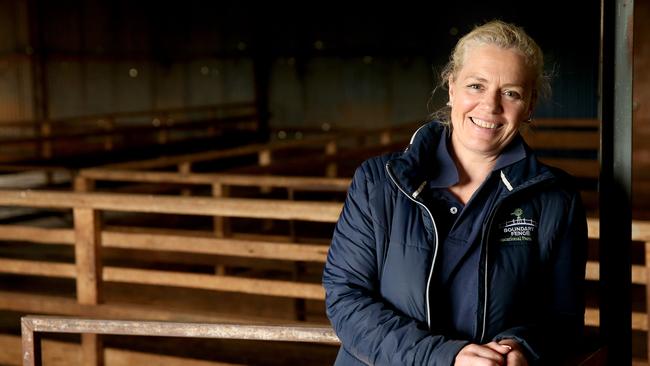
HEAD OF THE CLASS CLOSES KNOWLEDGE GAP
KATE SHARKEY knows actions speak louder than words.
That’s why she decided to tackle the urban-rural disconnect head on, by creating an educational program that brings city kids on to her family’s farm to help them understand primary production through first-hand experience.
“I just felt there needed to be a platform whereby urban students could get a real-world perspective on modern-day food production and the opportunity to talk directly to the farmer,” says Kate, who launched Boundary Fence Educational Farm Tours for Year 12 food studies students one year ago.
Kate’s farm tour brainwave hit when a food technology teacher she knew said they were struggling with a curriculum change introduced in 2017, which added sustainable food production to the course. The specialised farming topics were overwhelming for teachers who had no background in the field, Kate says.
Kate’s career in rural education and the agribusiness sector gives her an in-depth understanding of the level of expertise that goes into food production. She researched the course curriculum and bought the textbooks to design a tour that meets the students’ learning objectives and give them insight into agriculture.
Kate enlists experts, including her husband, Chris, to illustrate everything from how he measures soil moisture to how GPS and digital technology optimise sowing and harvest.
“Many city students can’t actually even visualise what retaining crop stubble might mean,” Kate says. “Or the use of technology in farming.
“So we walk them out to the canola crop, we show them seed, how small it is. Then we talk about what techniques we use to be sustainable and low impact.”
So far, almost 200 students from 15 Melbourne schools have taken part. The tours take in grain paddocks and a free-range piggery, finishing in the family’s woolshed, where students are treated to sourdough bread baked with the Sharkeys’ homegrown wheat, milled on the farm.
“In the future I would like to develop an educational program with other peri-urban shires around greater Melbourne so urban-based students have access to a variety of commercial farming operations,” Kate says.
FINALIST:
Karin Luttmer, small-scale exporter, Sisters Creek, Tasmania
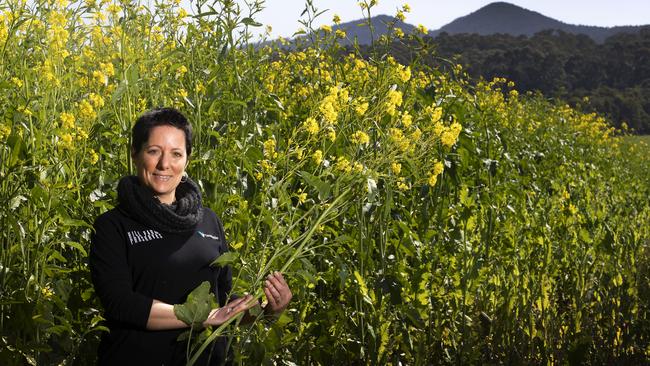
SAVVY ENTREPRENEUR SPREADS SALES GLOBALLY
WHEN businesswoman Karin Luttmer puts her mind to something, there is no stopping her.
After eight years as an employee of Tasmanian boutique condiment company Hill Farm Preserves, Karin bought the rural business.
In the three short years since, Karin has rolled out a fresh approach to overseas marketing that has boosted exports dramatically.
Exports now make up 60 per cent of sales for the niche brand, which specialises in seeded mustards.
Karin’s savvy vision was to position the products as premium and make their Tasmanian flavours a unique selling point.
Her creativity and determination paid off, gaining customers in Sri Lanka and Singapore, with Japan the company’s largest market.
“In Japan they are mainly buying our seeded mustards because they really like the texture,” Karin says.
“That’s our specialty really and we have 16 different kinds of mustards and a lot of our products feature Tasmanian ingredients.
“We’d still like to be able to supply into the Australian market, but there’s definitely a lot of potential in the export markets.”
Hill Farm Preserves makes 48 varieties of mustards, relishes, honeys and sauces, all in small batches at Sisters Creek on the island’s northwest coast.
“Because it is small batch, especially the jams and jellies, they do taste a lot nicer,” Karin says.
Recently she won the Tasmanian Women in Export award for her big achievements in such a short time.
“It gives you a lot of recognition for the work that you’re doing,” Karin says.
Karin’s drive illustrates there is no barrier to rural businesses of all sizes competing on a global scale.

